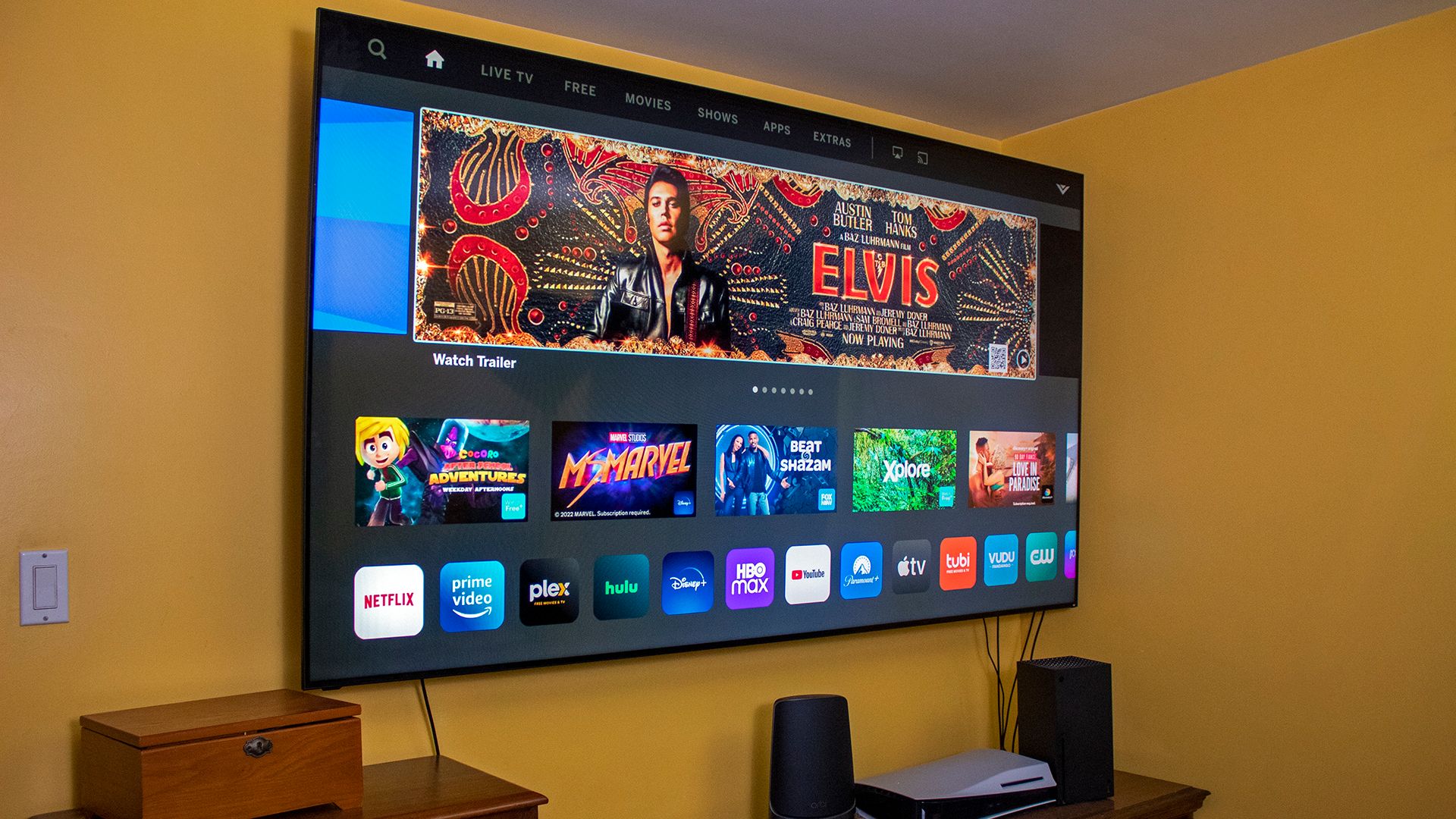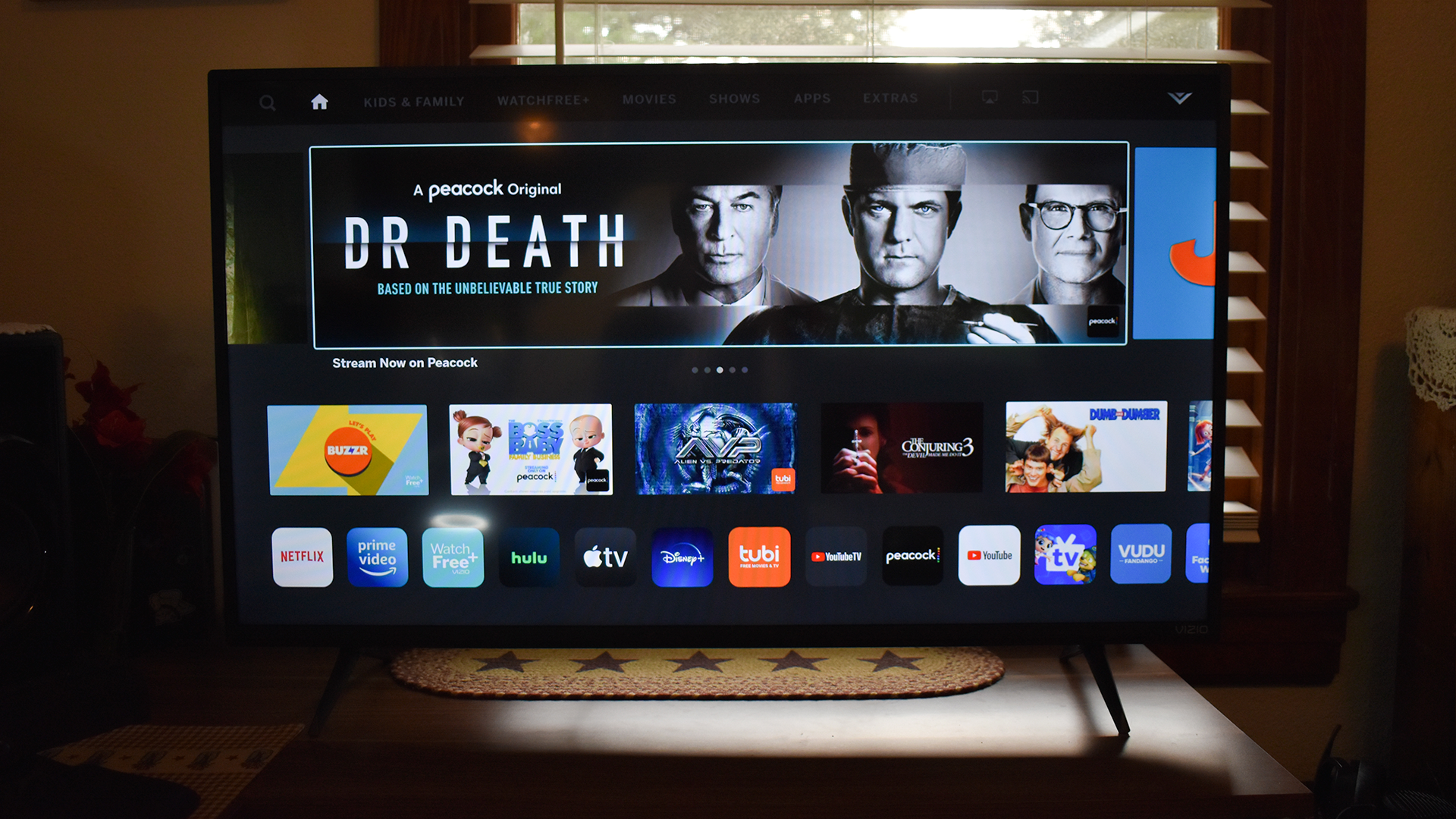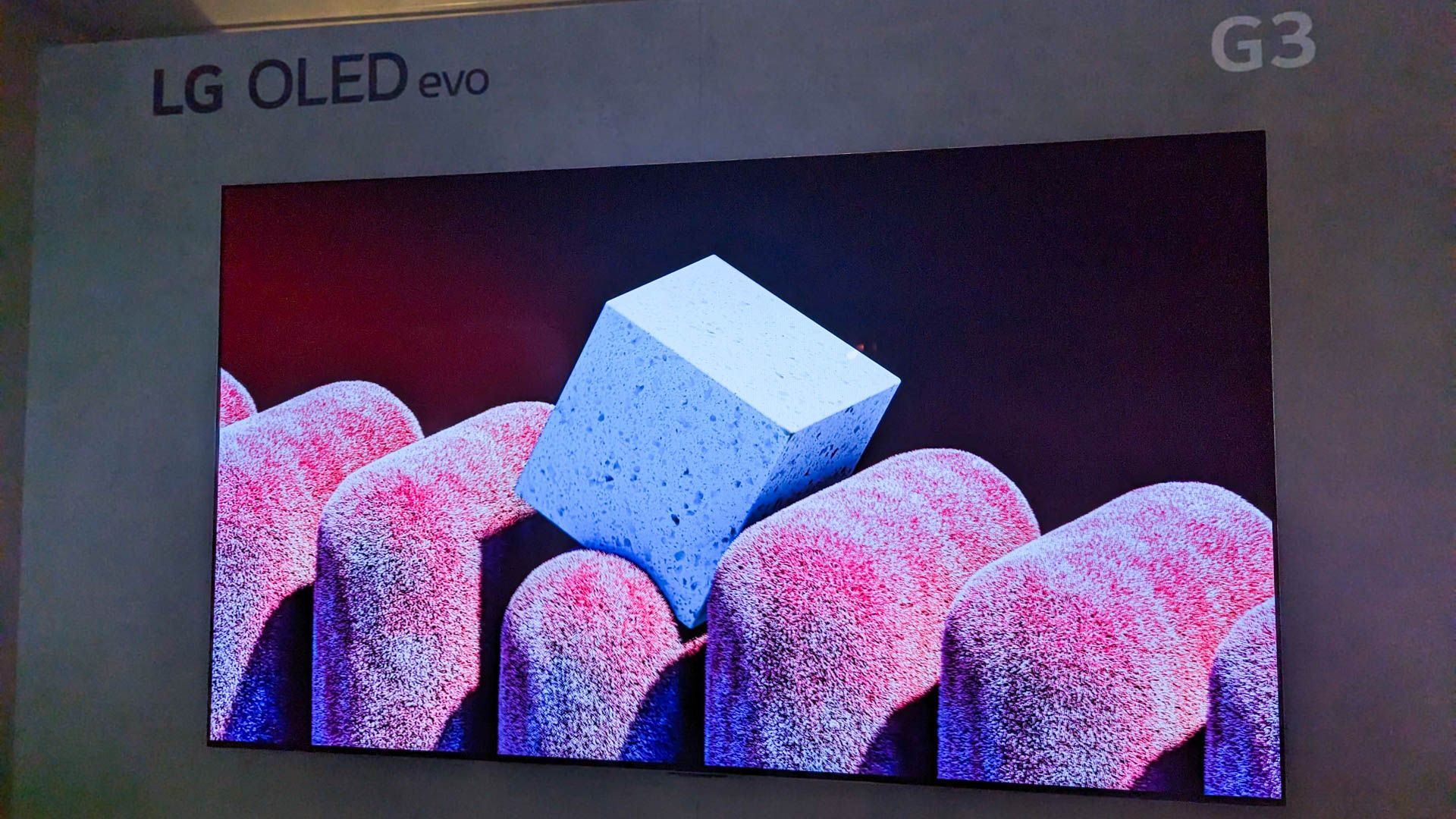Quick Links
Key Takeaways
The lifespan of most TVs comes down to a combination of hardware and software factors. LED screens last six years, while OLED can last ten. But the "smart" part of your TV might die much sooner. You may need to replace your TV in as little as five years.
We're living in a beautiful time when it comes to televisions. Bigger and better TVs are available and the prices are generally lower than ever before. The TVs of today are devices that most of us couldn't have even imagined just a decade ago. With so many great models on the market, you might be wondering if you should upgrade yours now. This leads us to a common question, "How often should I upgrade my TV?"
We're shedding light on this query while also highlighting the signs that you might be due for a TV upgrade. If this information makes you realize that it's time for a new model, you'll also learn what you should look for when you're ready to buy a new television.
How Long Should a TV Last?
Depending on who you ask, you might hear that a TV should last at least a decade or that you should replace your television as often as every three to five years. That's a pretty big range, but there are a couple of reasons for this variation.
First, some people refer to how long a TV lasts on average, while others provide information about how often you should upgrade your set for other reasons. Talking about how long a TV will run until it breaks versus how often you should upgrade your television to enjoy the best viewing experience are two very different considerations.
The lifespan of your TV also depends somewhat on the type of television you have. For example, an LED TV stays at or close to maximum brightness for 40,000 to 60,000 hours or approximately four to six years. As for OLED TVs, they're estimated to have a lifespan of 100,000 hours, which is about 10 years.
How much and how you use your TV also influences how long it lasts. As an example, a television will typically last longer for someone who watches TV just an hour or two every day when compared to someone who watches for five or six hours. Additionally, having your TV constantly set at maximum brightness will reduce the lifespan of your television.
Finally, the lifespan of the software/hardware components of a smart TV plays a role in how long your TV lasts. The longevity of a smart TV's hardware as well as how long a TV receive software updates varies somewhat by manufacturer. However, this range is typically five to seven years. After that point, you'll either need to patch the issue by using a streaming device or upgrade your TV.
Based on these considerations, you can expect your TV's lifespan to be in the range of about five to seven years. Depending on your needs and preferences, your TV might work fine beyond this range. Conversely, you may want to replace your set before then.
What Are Signs It's Time For a New TV?
If you've had your TV for a few years now, you might wonder if you should upgrade now or wait a little longer to get a new one. Thankfully, you don't have to play a guessing game. Instead, you can ask yourself some questions to help you decide whether it's time to upgrade your TV to a shiny new model.
Does your TV work with all your devices and streaming services? If you have an older television, you might start to find that it's not compatible with the services and devices you want to use. When this occurs, typically when your TV is five to seven years old, you can view it as a sign that it's time for a new TV.
Is your TV's picture less than stellar? With so many amazing televisions available today, no one should accept a sub-par picture. You should start shopping for a new television if your screen is plagued by issues like faded spots, lines, or the dreaded image burn-in.
Is your TV taking longer to turn on? Your TV shouldn't keep you waiting, so if you find yourself sitting in front of your set as you wait for it to turn on, know that new models can power up in a flash.
Is your TV too small for your space? If you've moved into a new home, you might find your television is no longer the right size and you need something a little (or a lot) bigger.
Additionally, TV features have come a long way in a short time. As a result, you may want to upgrade to a newer model if you realize your television's features are stuck in the past.
- Your TV only has one HDMI port.
- You game and don't have a TV with a refresh rate of 120Hz.
- Your TV does not have HDMI ARC protocol, which was added in 2009.
- You have a TV that does not have wireless connectivity.
You know best how you use your TV, so you'll want to use this knowledge to determine what other features are important enough to inspire you to upgrade.
What to Consider Before Buying a New TV?
While TV prices have fallen over the years, there's no denying that a new television is still a big purchase. You don't have to feel overwhelmed though. To make the process as painless as possible for you and your wallet, start by asking some basic questions about your budget, personal preferences, and habits.
- How much do you feel comfortable spending?
- What TV features are important to you?
- Do you need the latest and greatest TV or will something basic work for you?
- How big should your TV be?
- How often do you use your TV?
You can also consider some more in-depth questions before making the plunge. These considerations range from TV panel size and type to resolution and refresh rate. And if you still need a little help deciding which TV to buy next, we have a list of some great TVs that we think you'll love to.



